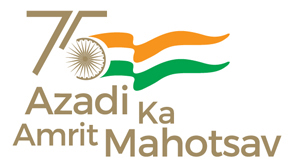Foreword
|
The Environmental Impact Assessment (EIA) of the proposed Cochin - Coimbatore - Karur - Tiruchchirappalli (CCKT) Pipeline Project is in line with the requirement of the Ministry of Environment and Forest (MOE & F), Govt. of India. It is for this reason, the impact assessment study which inter alia includes the study of forest and wildlife specially rare and endangered species in the pipeline corridor was entrusted to the Wildlife Institute of India (WII), Dehradun under the consultancy offer by Bharat Petroleum Corporation Ltd. (BPCL), Bombay. The fundamental objective of this EIA is to maximize the information value of assessment for planners and decision makers and minimize the risk of environmental threats to natural systems. Elucidating the interrelationships between environment and the proposed activities under the CCKT project and the prediction of the impacts of the project has been replete with challenges and yet enriching. This study has drawn extensively from field visits, past experiences of assessment of pipeline projects and the gamut of scientific information that is available.The report entitled "Impact Assessment of Cochin - Coimbatore - Karur - Tiruchchirappalli Pipeline Project on Wildlife Values" has been structured into five sections. Section - I provides the details of proposed project and its environment and justifies the need of environmental appraisal. Section - II furnishes the information on the approaches and procedures adopted for the study. Section - III is a compilation of core biological information about the project environment. Section - IV highlights the issues and concerns that needs to be addressed prior to project implementation. Section - V provides strategies for ameliorative measures. Specific recommendations have also been laid down to ensure the conservation of biological values within the pipeline corridor. S.K. Mukherjee Director, WII |
Last Updated: October 8, 2015









